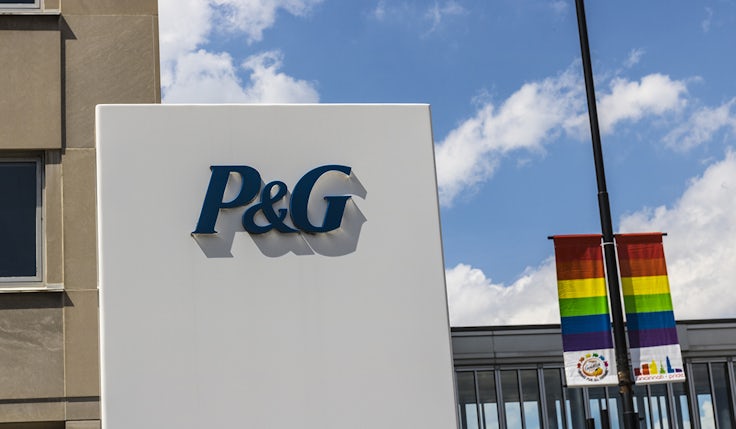NatWest CMO: Marketers have reason to be optimistic in 2023
Demonstrating effectiveness is one area where marketers should invest to prove their worth in uncertain times, says NatWest marketing boss and ISBA president Margaret Jobling.
 Despite a depressing economic outlook for 2023, marketers have reason to be optimistic this year, according to NatWest CMO and ISBA president Margaret Jobling.
Despite a depressing economic outlook for 2023, marketers have reason to be optimistic this year, according to NatWest CMO and ISBA president Margaret Jobling.
Speaking at the joint Advertising Association, IPA and ISBA LEAD 2023 conference today (25 January), Jobling pointed out that while tough decisions and challenges lie ahead, the cost of living crisis offers brands an opportunity to prove their worth.
“There’s a big opportunity for us to really be there by customers’ sides,” she said.
The NatWest marketing boss cited the “surprisingly optimistic” results of the recent IPA Bellwether report, which showed growth in marketing budgets during the fourth quarter of 2022 and expectations for growth into 2023.
While she admitted she is unsure how 2023 will play out, Jobling urged marketers to take control of “the things [they] can influence” in order to make the most out of this new year.
As a function, we need to do a better job of articulating within the business the value we create.
Margaret Jobling, NatWest
“We’re talking a lot about how we control the controllables,” she said. “How do we build flexibility into what we do? Because we know we’re going to have to pivot, we just don’t know when, where and how.”
Striking an optimistic tone, the NatWest CMO also pointed to positive news coming out of government, following the decision to scrap the sale of Channel 4 and keep the broadcaster in public hands, coupled with the delay in implementing HFSS advertising restrictions until October 2025.
The role for effectiveness
Looking ahead, Jobling highlighted effectiveness and transparency as one area marketers should take control of. She referred in her keynote address to ISBA’s 2020 programmatic supply chain transparency study, which revealed it was not possible for advertisers to track their spend through to publishers.
However, on the issue of transparency Jobling expressed optimism the industry is witnessing a “step change” in the ability of advertisers to audit their digital programmatic advertising.
She pointed to results published last week of the second programmatic supply chain transparency study, which Jobling noted showed “significant improvements” in data match rates and a reduction in unattributed data.
Being able to prove the effectiveness of marketing will be crucial in maintaining budgets in 2023, something she acknowledged would be a huge issue for marketers.
“I know that one of the challenges during a downturn is convincing a board and senior leadership that marketing is an investment in the future, rather than a short-term cost,” she said.
“But we know that those who invest in brand advertising emerge faster and stronger from difficult times.”
Employment in marketing and advertising has fallen 14% in three years
Marketing salaries for those in mid and junior-level jobs has fallen by 10% in real terms since 2011, according to a report released by the Advertising Association today. Jobling hypothesised this fall in wages might be related to an inability to communicate the effectiveness of the function.
“As a function, we need to do a better job of articulating within the business the value we create,” she said.
“You end up in this cycle where you’re not as valued in some businesses for how much you are growing the business and the impact you have on the P&L. Therefore, I think the value [of marketing] in organisations isn’t as high as it potentially could be.”
Marketing acts as a bellwether for growth elsewhere, she noted, pointing to marketers’ willingness to confront challenges in order to ensure their brands thrive, not just survive.
“We change society, we drive business growth, it’s proven we impact the economy,” Jobling added. While acknowledging the challenges ahead, she insisted marketing remains “an exciting place to be”.







